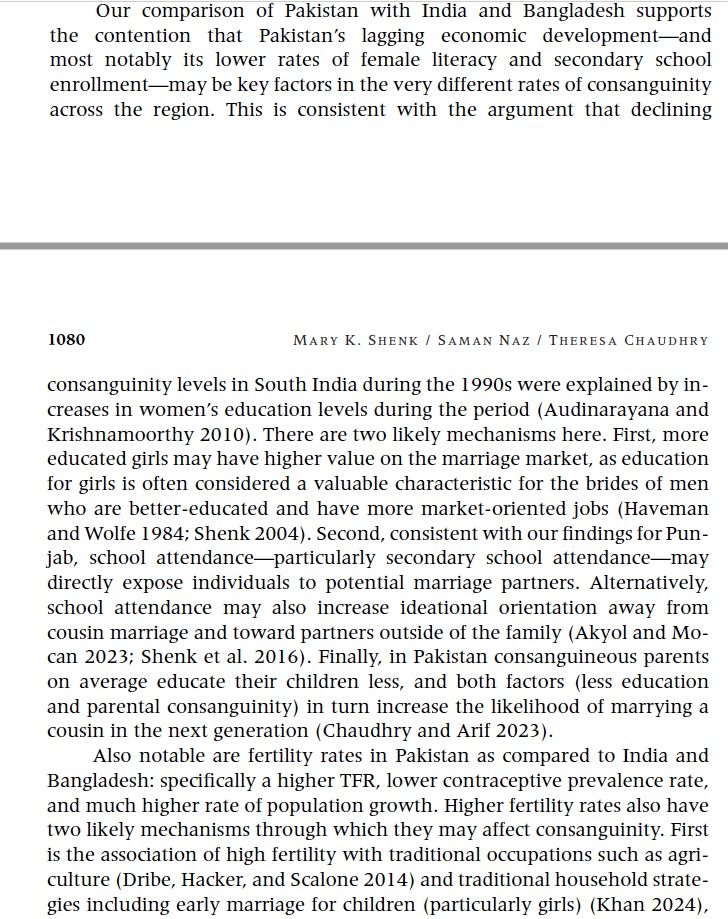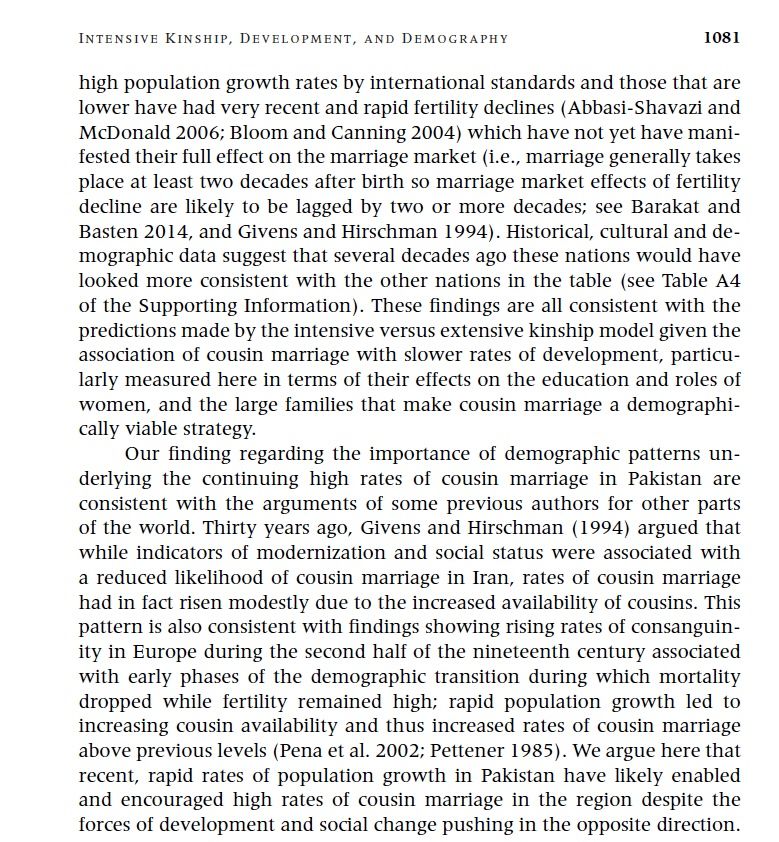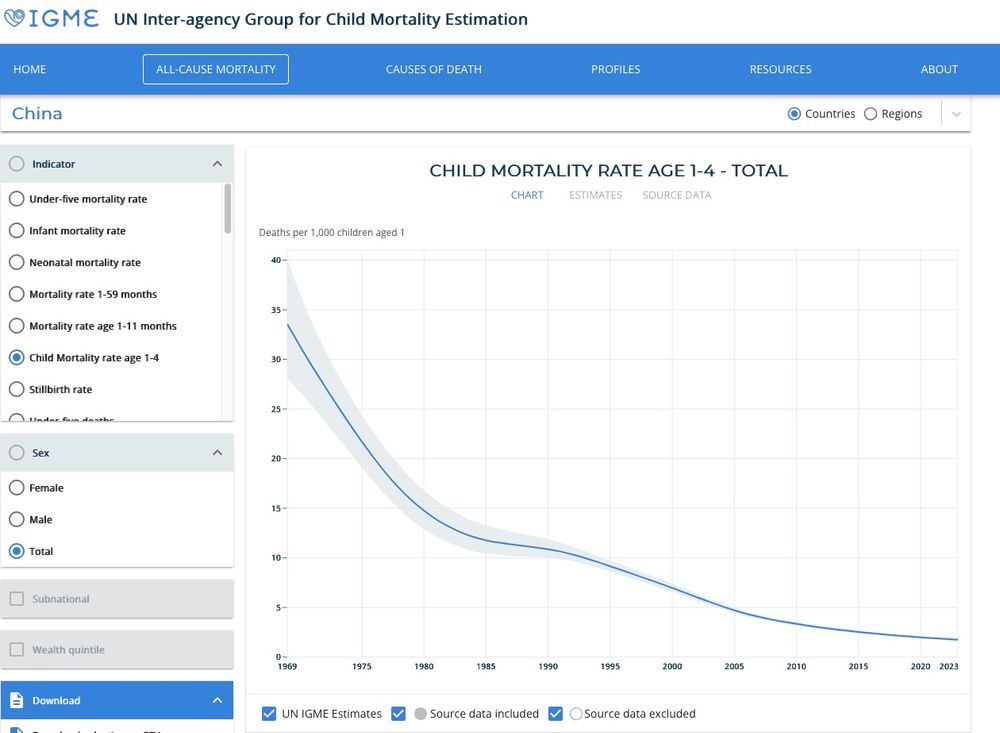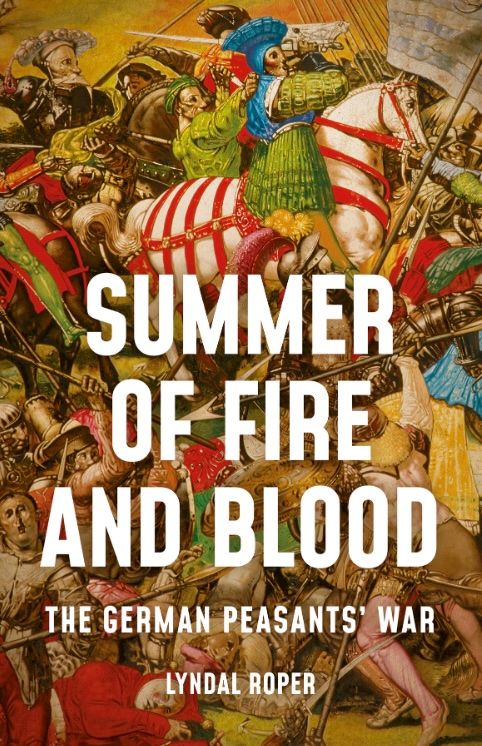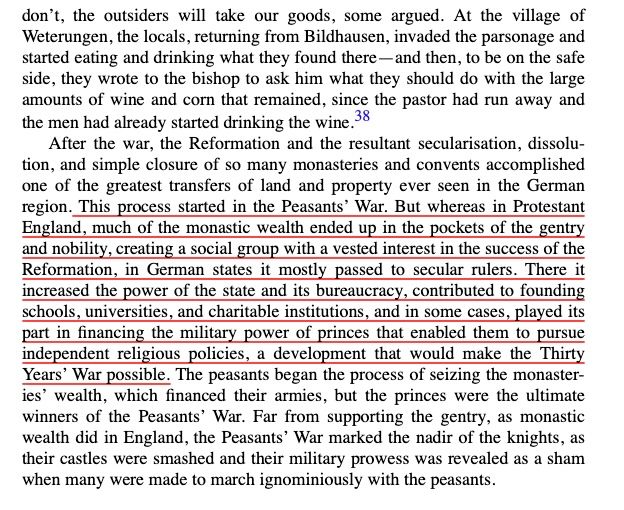
https://pseudoerasmus.substack.com/
https://pseudoerasmus.com
https://medium.com/@pseudoerasmus

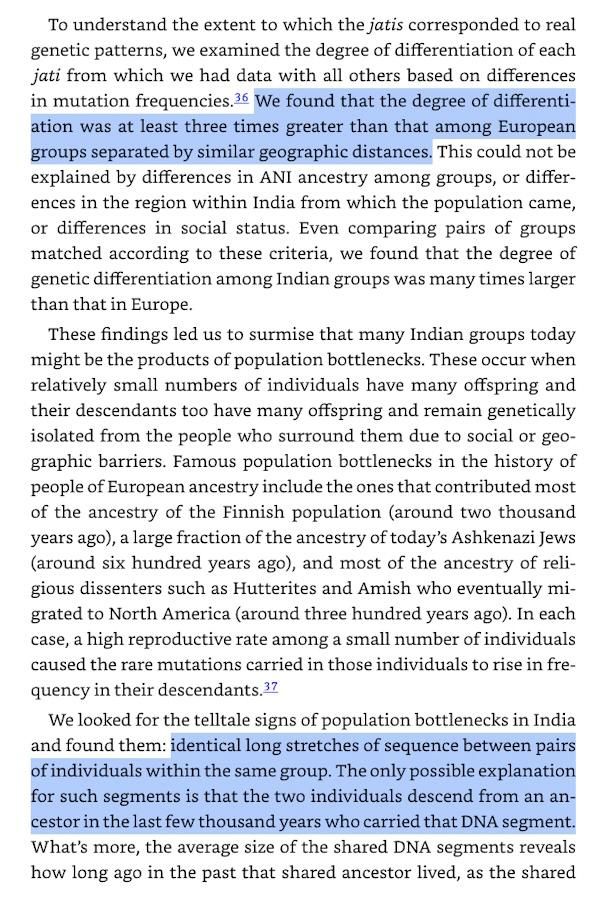
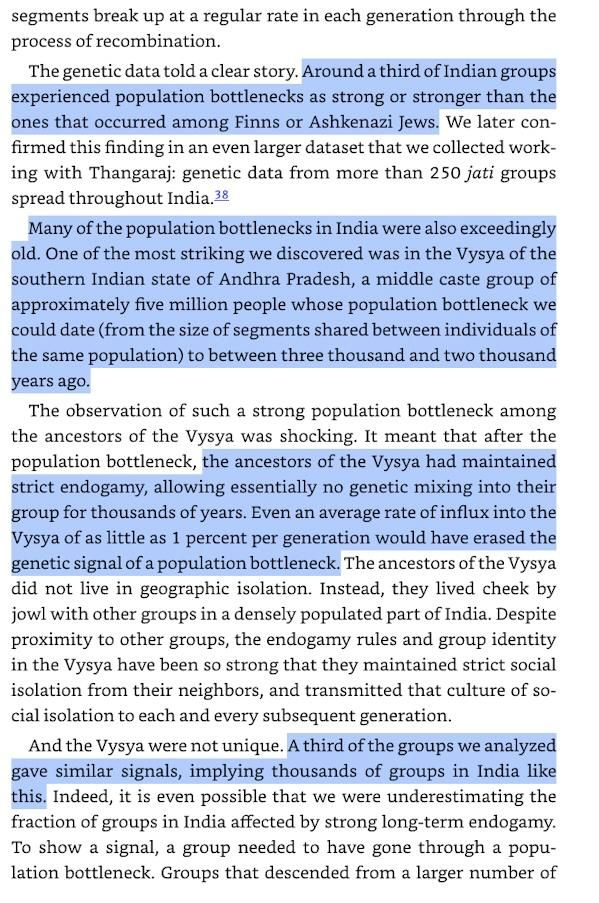


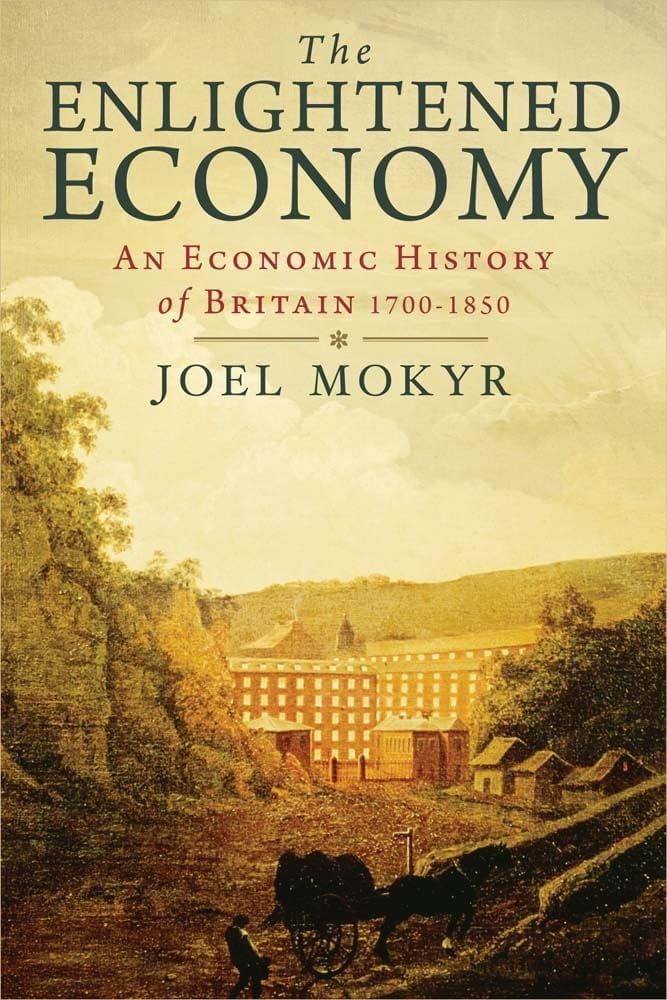
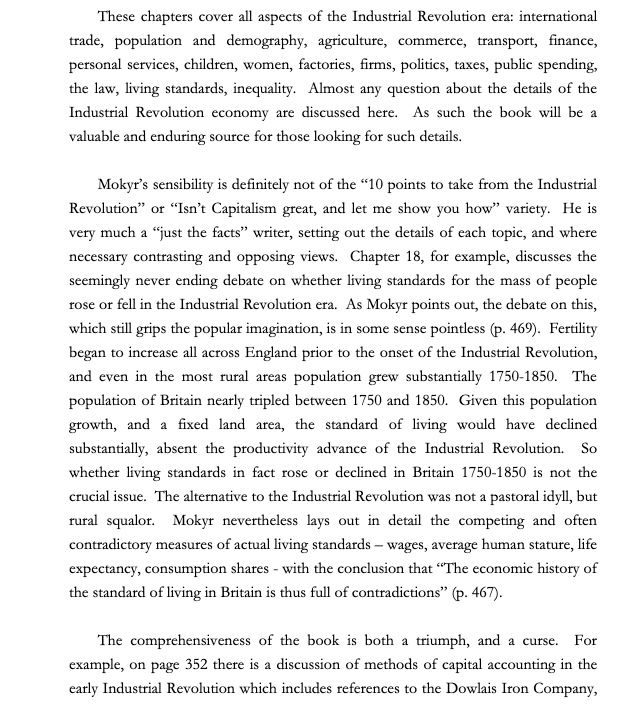

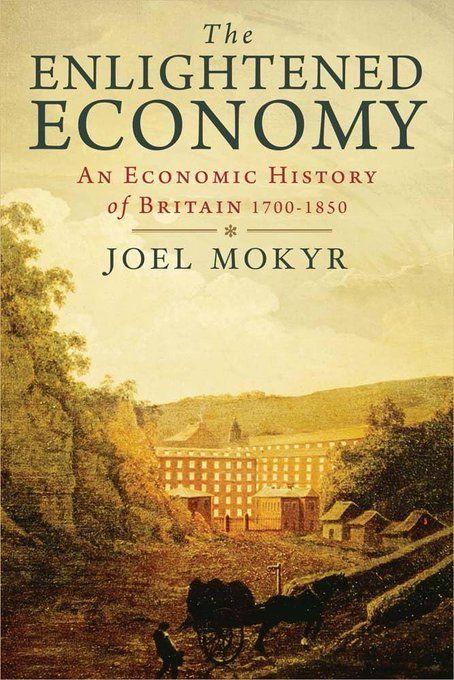






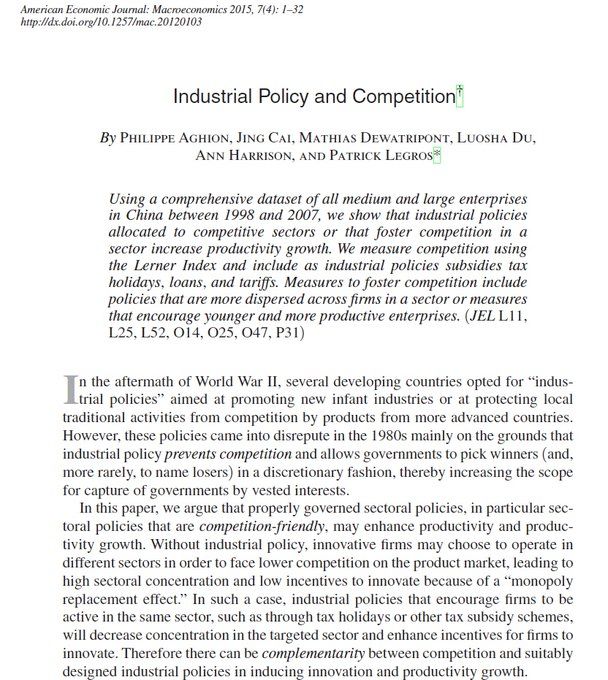

Below from @sheilaghogilvie.bsky.social

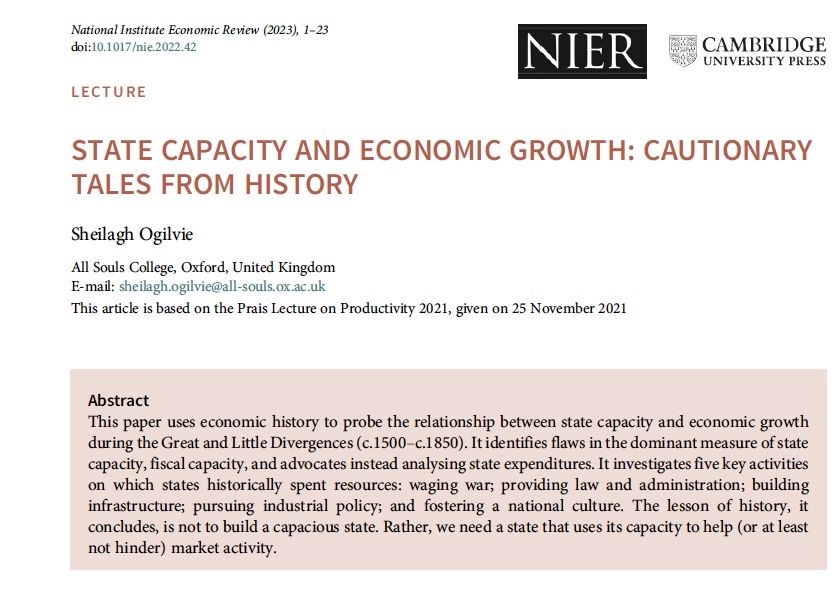
Below from @sheilaghogilvie.bsky.social
ora.ox.ac.uk/objects/uuid...

ora.ox.ac.uk/objects/uuid...


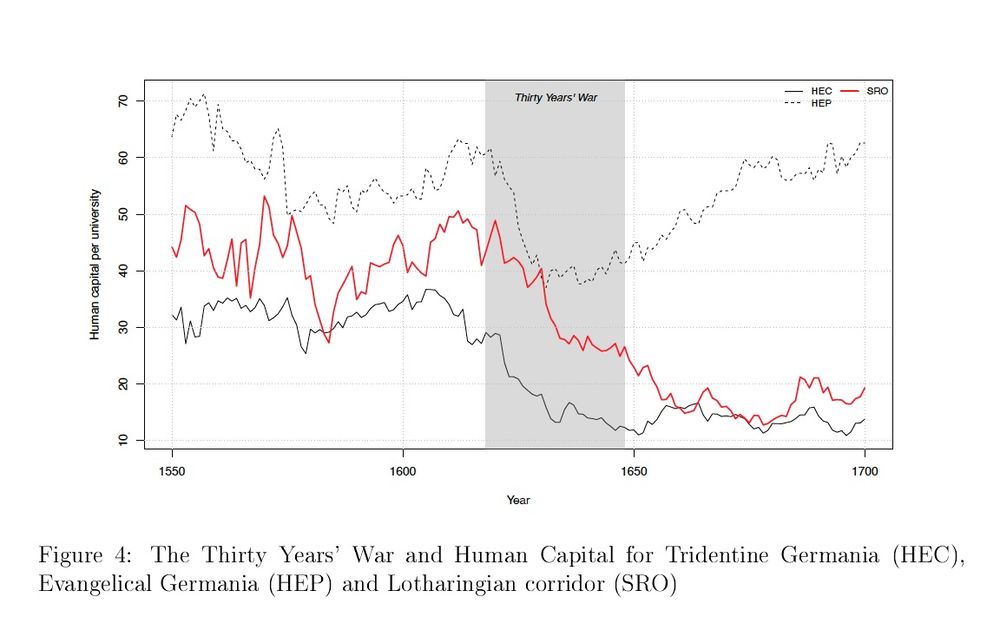



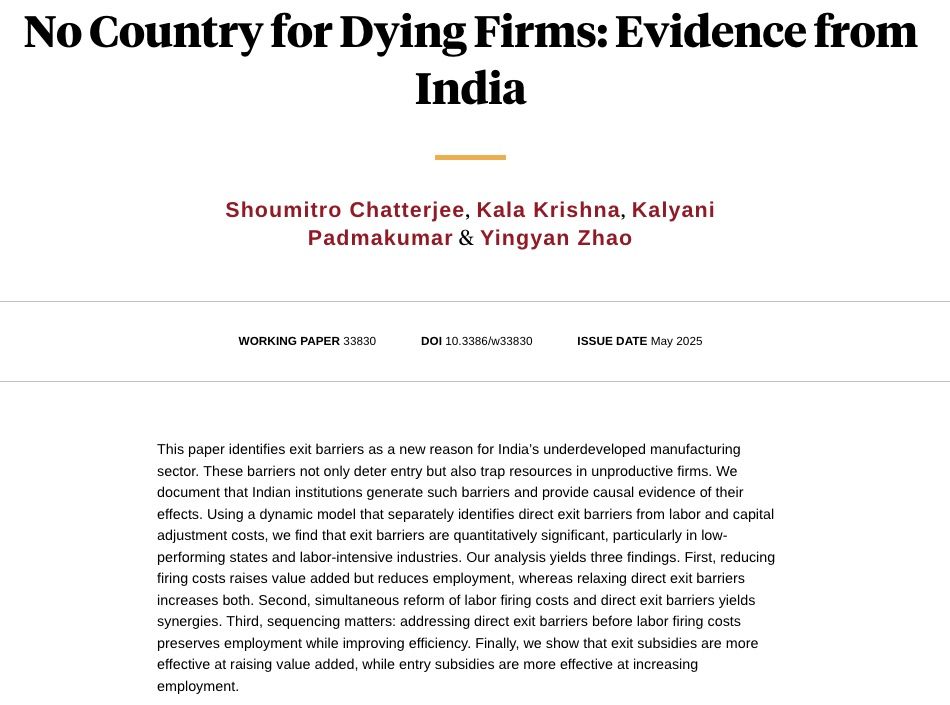
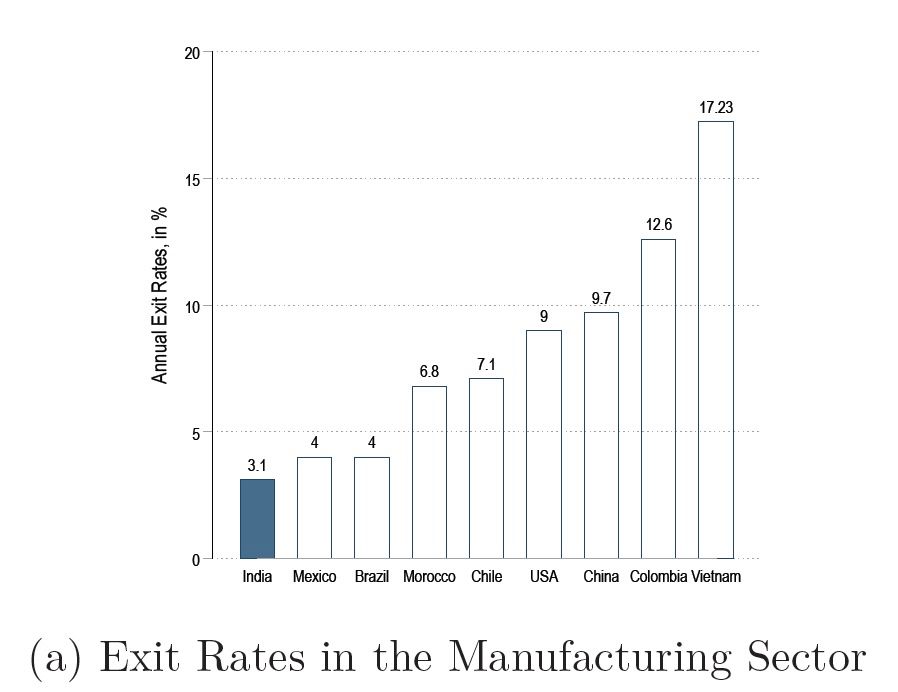
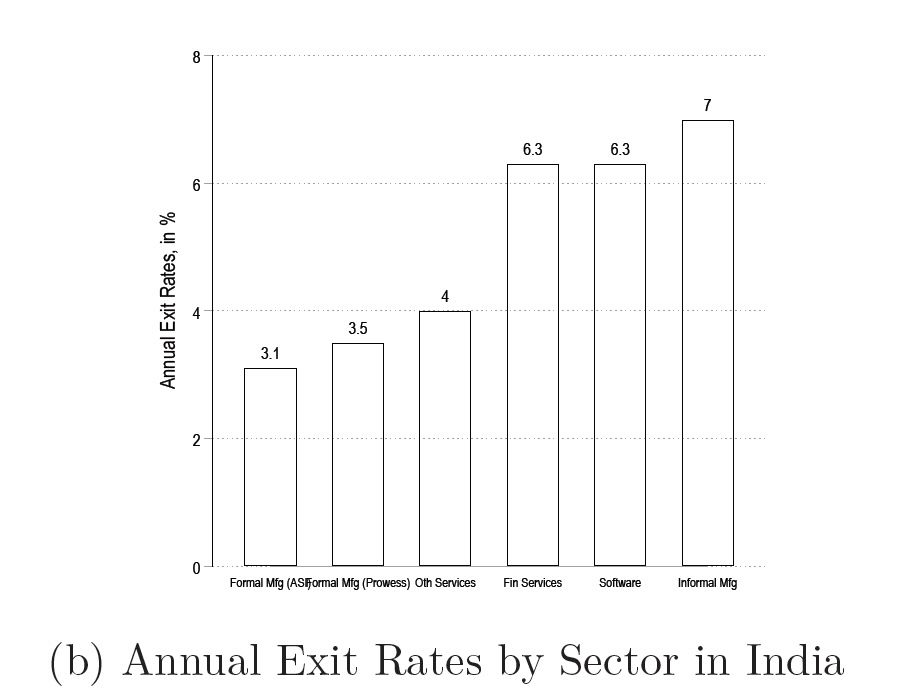

Demand is overwhelmingly more important (as the authors also argue). Yet the British naval campaign gets far more attention!

Demand is overwhelmingly more important (as the authors also argue). Yet the British naval campaign gets far more attention!
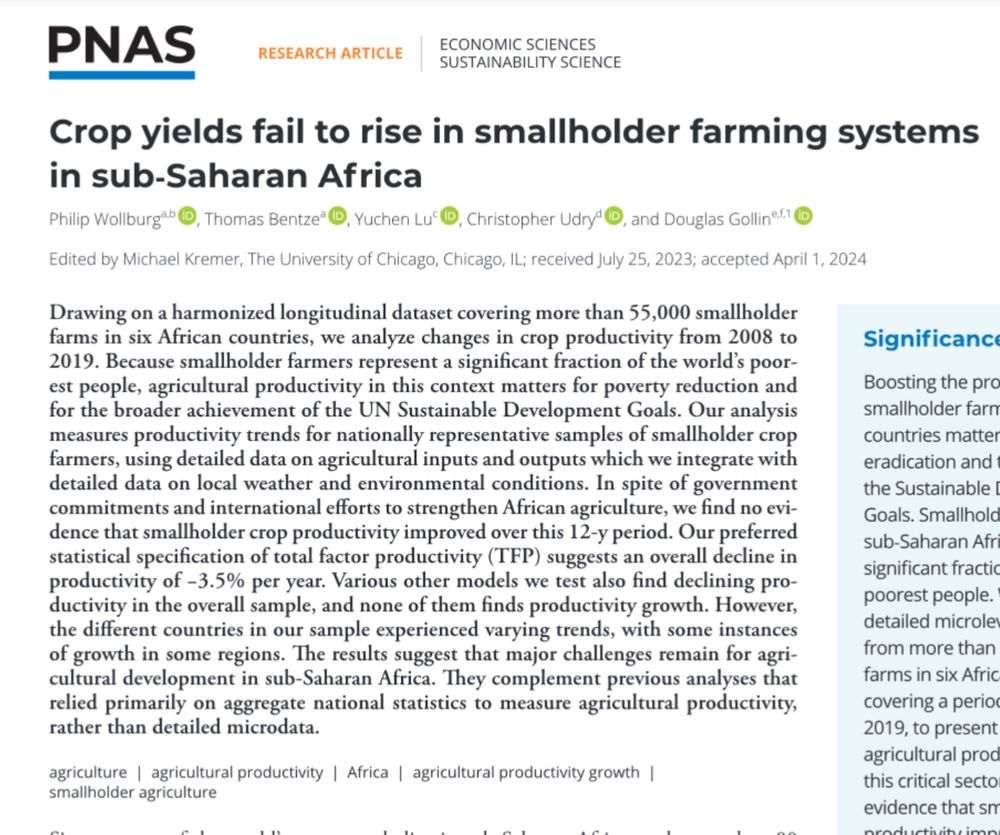
Quite critical of Broadberry et al.'s claims about the precipitous decline of the Qing economy after 1700...
onlinelibrary.wiley.com/doi/10.1111/...


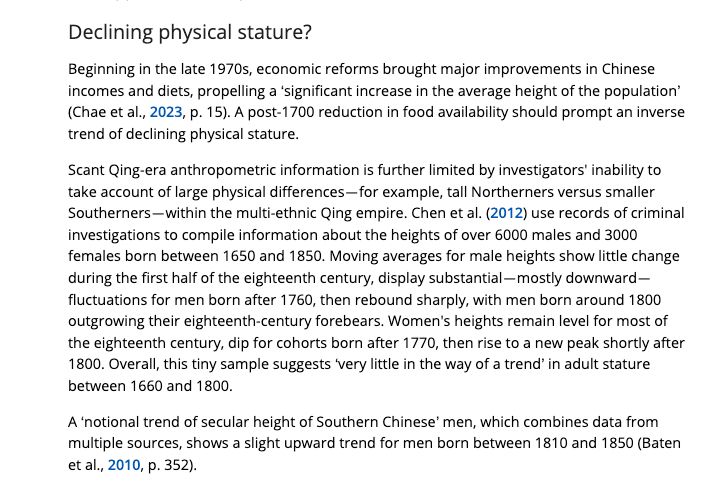
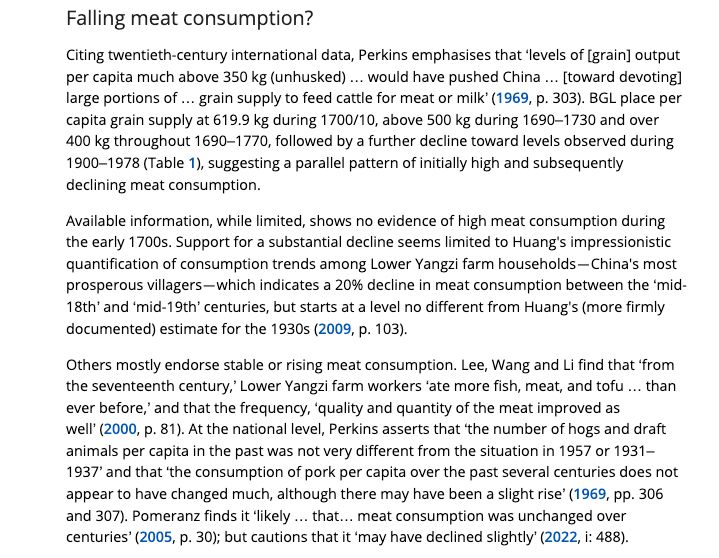
Quite critical of Broadberry et al.'s claims about the precipitous decline of the Qing economy after 1700...
onlinelibrary.wiley.com/doi/10.1111/...
“When [economic] growth does, and does not, reduce poverty”
www.bii.co.uk/en/news-insi...
— A great literature review by a team including @paddycarter.bsky.social and @paulsegal.bsky.social
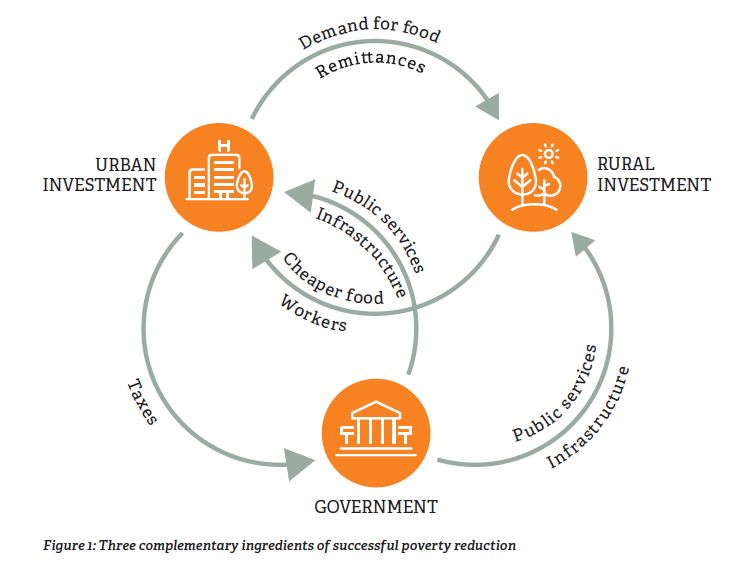
“When [economic] growth does, and does not, reduce poverty”
www.bii.co.uk/en/news-insi...
— A great literature review by a team including @paddycarter.bsky.social and @paulsegal.bsky.social
www.sciencedirect.com/science/arti...


www.sciencedirect.com/science/arti...

